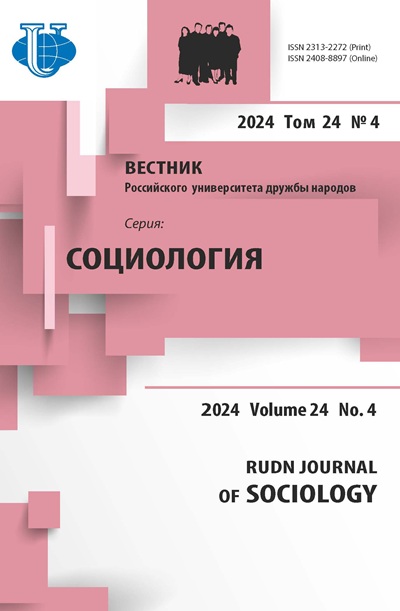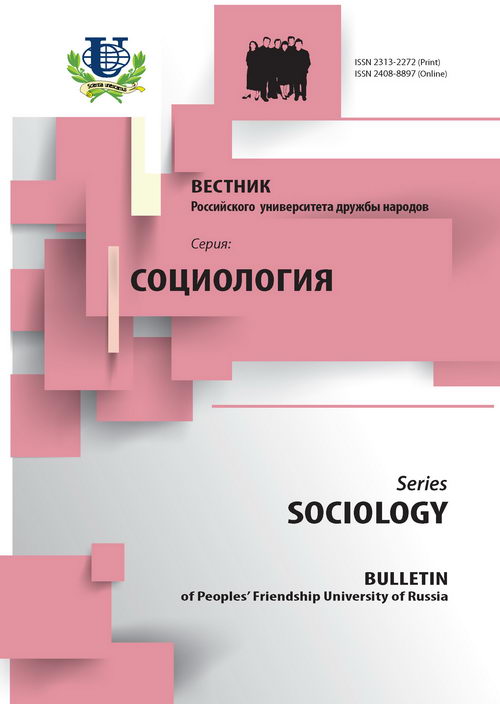Abstract
The unstable economics as well as difficulties associated with lack and scarcity of human, financial and investment resources cause the tightening of requirements to the organizational management. The market economy demands a systematic approach to the management based on the strategic planning combined with an opportunity to make situational decisions. Such management models are difficult to use for they require a lot of resources the lack of which is usually a marker of a crisis situation. That is why at the moments of the so called ‘market turbulence’ and socio-economic reduction indicators, organizations have to reduce the costs of management and social development that helps in a short-term perspective, but in the future can destabilize the organization and make it more vulnerable to the new ‘wave of crisis’. One of possible ways to preserve organizational stability is to apply innovative methods of management. Currently, the problems of innovation management are widely reported in the scientific and business literature focusing on the creation and implementation of the management innovations technologies that promise the greatest dividends, while the authors rarely consider the impact of the innovative management on employees’ social well-being, social development and social capital focusing on the staff resistance to innovations despite the fact that any innovation produces profound changes in the system of social management. Thus, the article aims at the theoretical study of innovation management factors’ impact on the social aspects of organizational life and states that the implementation of innovations into the organization management without taking into consideration their possible consequences for the social state of the organization in the long run is totally unacceptable.












